Q&A Human Rights
How do you currently handle due diligence in your supply chain?
To pinpoint key risks in our supply chain, we carry out risk assessments for countries and raw materials. High-risk categories, such as medical gloves, disposable instruments, cotton products, surgical garments and electronic equipment, especially in the Asian region, have been identified for potential issues of forced labor or child labor during manufacturing. Annually, we update the supplier code of conduct, due diligence processes and supplier/third-party manufacturer reviews based on insights from expert organizations and non-governmental organizations. We aim to audit at least 90% of our third-party manufacturers in Asia every two years to improve supply chain control. Conducted process audits have recently been carried out in 2021 and 2022. Since 2023, we have been a member of The Ethical Trading Initiative (ETI) in Sweden, which conducts annual audits of our due diligence processes and supports our improvement work.
Our parent company, Asker Healthcare AB, is part of The Responsible Labor Initiative of the RBA and applies its protocols to manufacturers with migrant workers and potential forced labor risks. For other high-risk country manufacturers, audits follow our standard checklist based on the SA8000 standard. Audits in Mainland China are conducted in-house, while audits elsewhere are conducted by qualified third parties selected for their expertise. Upon identification of risks or adverse effects, manufacturers must address issues immediately with follow-up audits. We educate manufacturers about risks and apply mitigation requirements within defined timeframes. All high-risk country manufacturers are required to undergo audits as part of our supplier qualification process, and any major irregularities discovered during due diligence will result in new business relationships being declined until the issues are resolved.
Are you aware of any human rights and modern slavery issues in your supply chain, either currently or in the past?
For medical gloves manufactured in Malaysia and Thailand, we have identified prominent risks of forced labour, particularly for migrant workers employed by manufacturing companies. This has led us to initiate specialized audits, first with the American non-profit Verité, and from 2021, with The Responsible Business Association, (RBA) since our parent company Asker Healthcare AB became a member of the Responsible Labor Initiative (RLI).
What actions have you taken or are you taking to remediate these issues and to ensure that they won’t occur going forward?
Regular audits and their follow-up have led to significant improvements over the years to address issues such as living conditions, overtime, discrimination, freedom of movement and retention of passports, as well as recruitment practices.
Global attention on the glove industry in Malaysia since 2018 has led to improvements in sanitation standards and practices, including the management of recruitment fees. We have adopted these advances and ensured that our manufacturing partners in Malaysia adhere to the VAP/SVAP standards, which prescribe responsible recruitment practices. To meet these standards, our partners work directly with recruitment agents in the workers' countries of origin and with the help of non-governmental organizations. In addition, we have ensured that migrant workers employed by our partners have access to multiple grievance channels and HR staff from their own country to facilitate communication with their employer. These efforts have led to notable improvements in the practices of our manufacturing partners, as reflected in their recent audit results against the VAP/SVAP standards of the RBA.







